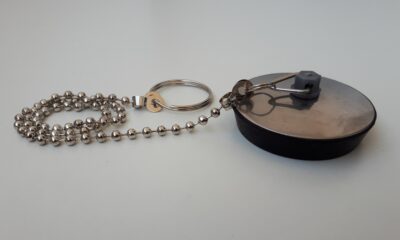Executive
Waste of the Day: Luxury “Rocket Riders” Cost Almost $3 Million
Minnesota bought luxury Rocket Rider buses for a private bus shuttle company, using some of Obama’s stimulus money.

Minnesota bought luxury Rocket Rider buses for a private bus shuttle company, using some of Obama’s stimulus money.
Topline: Public transportation systems around the country are riddled with delays and poor service, but in 2010, the government was more concerned with ensuring that private bus shuttles had comfy seat cushions.
The Rocket Rider purchase
The Minnesota Department of Transportation used $2.9 million of federal stimulus money to help the company Jefferson Lines buy luxury “Rocket Rider” buses, equipped with movie screens, satellite radio and more. Jefferson Lines’ business rivals were left wondering what happened to free-market competition.
That’s according to the “Wastebook” reporting published by the late U.S. Senator Dr. Tom Coburn. For years, these reports shined a white-hot spotlight on federal frauds and taxpayer abuses.
Coburn, the legendary U.S. Senator from Oklahoma, earned the nickname “Dr. No” by stopping thousands of pork-barrel projects using the Senate rules. Projects that he couldn’t stop, Coburn included in his oversight reports.
Coburn’s Wastebook 2010 included 100 examples of outrageous spending worth more than $11.5 billion, including the handout to Jefferson Lines — which would be worth $4.2 million in today’s money.
Key facts: Jefferson Lines offered shuttle service between the cities of Minneapolis and Duluth, a drive of only about two hours.
Despite the short distance, riders were able to enjoy rainbow-colored luxury seating, free Wi-Fi, added legroom and more at taxpayers’ expense.
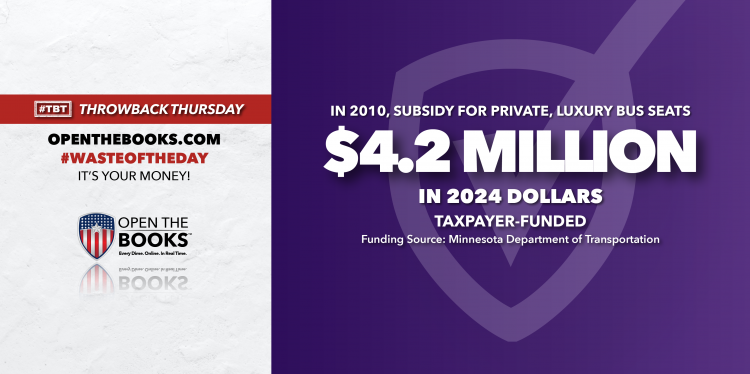
Jefferson Lines was able to charge fares of only $29, lower than its competitors such as Skyline Shuttle, which ran buses on the same line. Skyline’s employees accused Jefferson Lines of using government funds to subsidize its fares, though the accusations were denied.
The grant was part of $8.8 million the State of Minnesota awarded to bus lines around the state, with some money going to private companies.
What happened to the market?
Search all federal, state and local government salaries and vendor spending with the AI search bot, Benjamin, at OpenTheBooks.com.
Critical quote: “When there‘s a market and there are competitors, it should be left to the market without government interference,” Dave Clark, owner of Skyline Shuttle, told the Duluth News Tribune. “They could have taken the risk themselves, but they relied on the taxpayer to take the risk.”
Clark suggested his company could lose too many passengers and go bankrupt if it didn’t receive its own government grant to “level the playing field.” He ended up selling his company in 2016, though an official reason was never given.
Summary: If bus riders want an upgraded experience, they can pay for their own first-class ticket. Taxpayer funds are not meant to deliver luxury seating.
The #WasteOfTheDay is brought to you by the forensic auditors at OpenTheBooks.com.
This article was originally published by RCI and made available via RealClearWire.
Jeremy Portnoy, former reporting intern at Open the Books, is now a full-fledged investigative journalist at that organization. With the death of founder Adam Andrzejewki, he has taken over the Waste of the Day column.
-

 Civilization4 days ago
Civilization4 days agoMaduro’s Capture: U.S. Foreign Policy in Latin America
-

 Civilization5 days ago
Civilization5 days agoTrump Lashes Out at Supreme Court as Under ‘Foreign Influence’
-
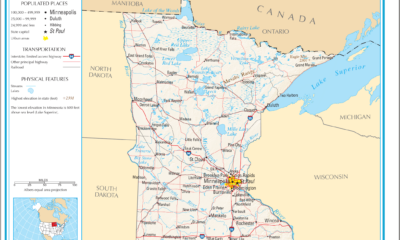
 Civilization5 days ago
Civilization5 days agoTrump Administration Led With the Wrong Agency in Minnesota
-
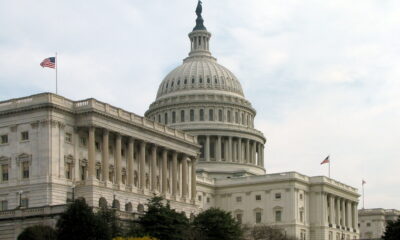
 Guest Columns4 days ago
Guest Columns4 days agoA Bipartisan Fix for the Prescription Drug Market
-
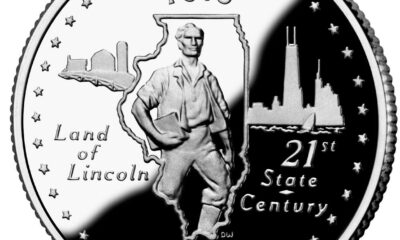
 Guest Columns3 days ago
Guest Columns3 days agoWaste of the Day: Thousands of Earmarks in Illinois State Budget
-

 Education2 days ago
Education2 days agoIgnoring the Science: The Curious Case of Cell Phone Bans
-

 Civilization2 days ago
Civilization2 days agoA Better U.S. Strategy for Greenland Than Annexation
-

 Education3 days ago
Education3 days agoA Solid Core Enlivens Free Speech and Viewpoint Diversity





